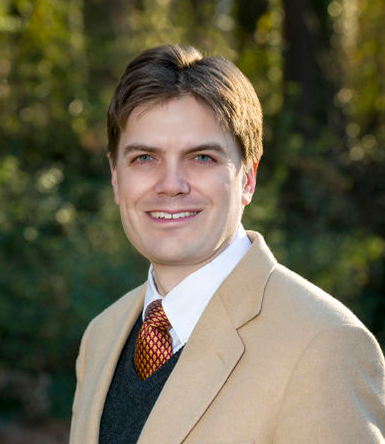Home » Newsletters » The Carlat Psychiatry Report

The Carlat Psychiatry Report
Posttraumatic Stress Disorder (June) | 2007
View Archived Issues
Adding CBT to meds is effective, but slow
June 1, 2007
Monitoring alcohol use may be enough for some
June 1, 2007
Editor-in-Chief

Dr. Aiken is the Editor in Chief of The Carlat Psychiatry Report; director of the Mood Treatment Center in North Carolina, where he maintains a private practice combining medication and therapy along with evidence-based complementary and alternative treatments; and Assistant Professor NYU Langone Department of Psychiatry. He has worked as a research assistant at the NIMH and a sub-investigator on clinical trials, and conducts research on a shoestring budget out of his private practice. Follow him on Twitter and find him on LinkedIn.
Recommended
Newsletters
Please see our Terms and Conditions, Privacy Policy, Subscription Agreement, Use of Cookies, and Hardware/Software Requirements to view our website.
© 2025 Carlat Publishing, LLC and Affiliates, All Rights Reserved.

_-The-Breakthrough-Antipsychotic-That-Could-Change-Everything.jpg?1729528747)



